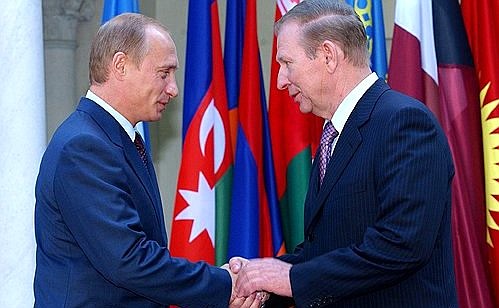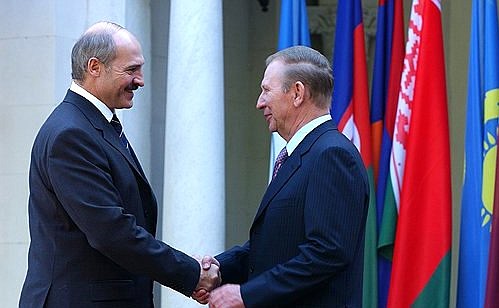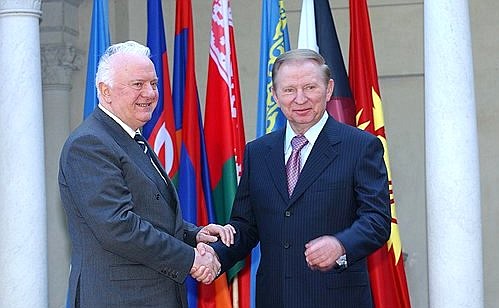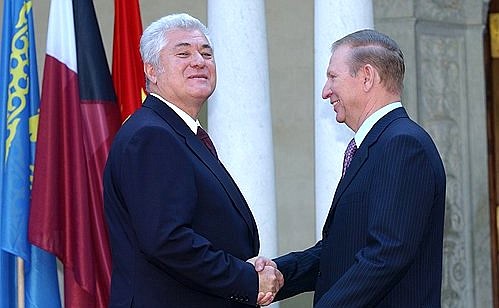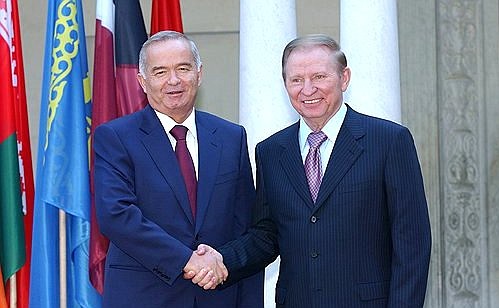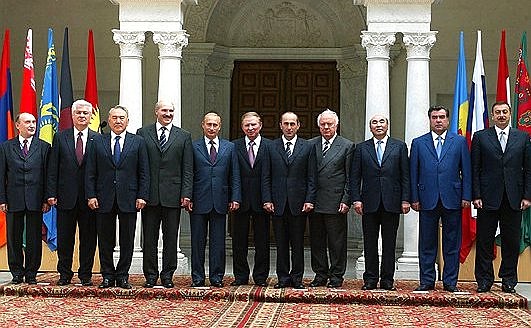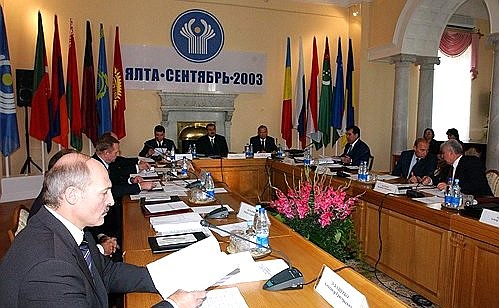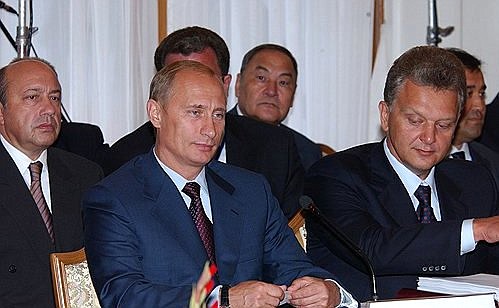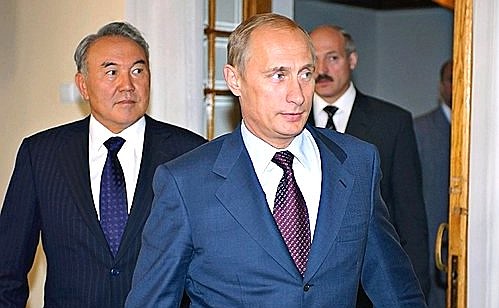The summit will go down in the history of the CIS as the “economic summit.” Although the summit’s agenda included dozens of issues in such areas as public health, defence, the fight against crime and illegal migration, economic problems were at the top of the agenda.
After a three-hour meeting, the Commonwealth leaders adopted a statement in which they declared that the priority of the CIS was the formation and functioning of a free trade zone that would gradually evolve, through broader integration, into a common economic space. The Commonwealth heads of state also approved a plan for the implementation of key economic measure until 2010. The comprehensive document envisages the creation of a free trade zone in the CIS, a dramatic increase of cooperation in the fuel and energy, transport and other sectors.
At the initiative of the Russian Defence Ministry, it was decided to take measures to control the trade of portable Igla and Strela anti-aircraft missiles within the CIS.
A programme of preparations for the 60th anniversary of victory in the Great Patriotic War of 1941–1945 was approved.
The summit participants approved a concept of cooperation in combating illegal migration, a programme to fight international terrorism and other forms of extremism for 2003–2004, an agreement on protecting participants in criminal proceedings, a concept of harmonising national air traffic control systems, creating a joint communications system of the armed forces of the Commonwealth states and an agreement on informational support of military cooperation in the CIS.
The parties agreed on the funding of the joint air-defence system of the CIS countries.
A special document on Abkhazia settlement was adopted on Tbilisi’s initiative.
The Commonwealth leaders decided to send observers to the upcoming presidential elections in the Chechen Republic in October and elections to the State Duma of the Russian Federation in December.
Ten of the 12 CIS Presidents took part in the meeting. Those absent included the President of Azerbaijan, Heydar Aliyev, who is receiving treatment in the US and the President of Turkmenistan, Saparmurat Niyazov. These countries were represented by their Prime Ministers.
